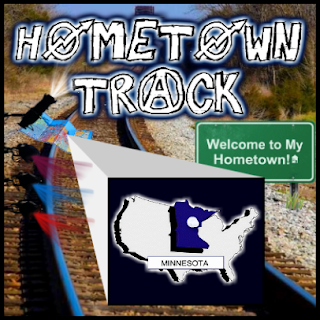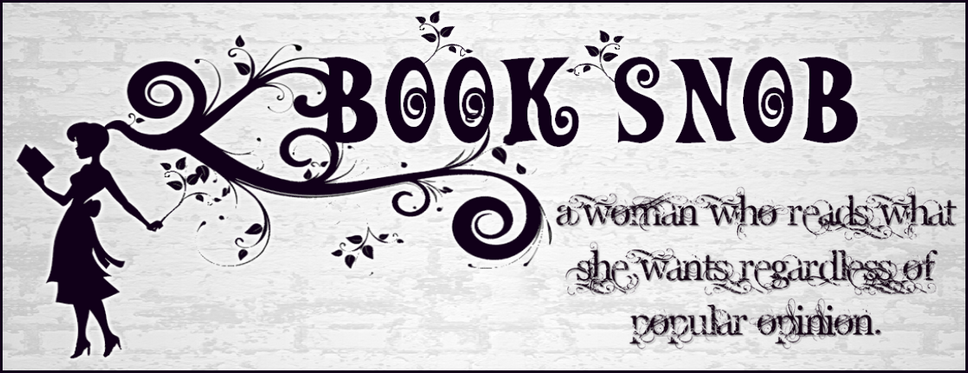Charlie is the Minnesota Author of the month for January and he has written a guest post about homelessness. He volunteers at a family shelter and his latest book, Inhabited, does a great job covering many of the issues surrounding homelessness. Read on to learn more.
Since
2009 I’ve been a volunteer with organizations serving people who are
unsheltered or in danger of slipping back into homelessness. In the process,
I’ve met hundreds of homeless adults and children in two states.
My blog
reports stories and observations from this involvement, but it’s limited in
scope. To explore homelessness in a larger social context, inside minds and
away from the shelters, I turned to fiction.
My
novel Inhabited follows two
characters whose lives become disrupted by a developer’s proposal to transform a boom-and-bust Colorado town. The
plans to reclaim a forsaken riverfront dislodge a homeless camp, sending an
unstable man in search of shelter and unsettling an upscale realtor’s seemingly
perfect life. The book asks readers to consider the border between doing the
right thing for yourself or for others.
Since
Inhabited came out last fall, some
readers have told me: “I’m not sure I want to read that much about
homelessness.”
Maybe
I shouldn’t be surprised.
The
term “homelessness” pushes a shopping cart full of stereotypes. The insistent
panhandler. The pathetic
bag lady. The unclean dumpster diver. The vocal
paranoid.
This
visible presence of the poor in our communities challenges our assumptions
about society’s safety net and our own compassion and generosity.
We tend
to look away from such figures on the street, and in popular entertainment,
view them through the comforting filter of stereotypes, where they deliver
comedy, menace or pathos in walk-on roles. They appear as anonymous victims of
serial killers and wilding teens. They share scraps with pigeons and sleep in
cardboard squalor. They are scary and dangerous or noble and wise. They are
fallen angels or agents of redemption.
Rarely
are they presented as fully realized human beings, so these stereotypes
reinforce our distanced perceptions.
We
know that reading literature encourages empathy. Fiction grants a safe entre to
the perceptions and experiences of others and helps us appreciate people very
different from ourselves.
A
novel doesn’t have to be “about homelessness” to illuminate some of its many dimensions.
Consider the rebels and wanderers in Huckleberry
Finn, On the Road, Train Dreams, American Rust and The Unnamed.
Their protagonists seek independence, fun, meaning, justice and healing—all essential
pursuits of the uprooted in America.
 In
dystopian novels, entire populations are upended by catastrophe. Wiping out the
old rules and systems dampens personal culpability for being down-and-out and
casts light on the importance of society. Characters in The Road, Station Eleven and
The Dog Stars must toil individually,
question morality and try to reestablish community. These are also very real
struggles of homeless individuals.
In
dystopian novels, entire populations are upended by catastrophe. Wiping out the
old rules and systems dampens personal culpability for being down-and-out and
casts light on the importance of society. Characters in The Road, Station Eleven and
The Dog Stars must toil individually,
question morality and try to reestablish community. These are also very real
struggles of homeless individuals.
It
can be revealing to see how people who share a place experience it very
differently. A key reality of homeless life is the sense of exclusion from the
mainstream, of being simultaneously untouchable, unworthy and dangerous. In Inhabited, they are compared to the
invasive tamarisk that has overgrown the riverbank.
A
venerable strain of American literature shows readers the economic, social,
family and personal dimensions of poverty’s shadow world. Think of John
Steinbeck’s The Grapes of Wrath, William
Kennedy’s Ironweed, Colum McCann’s This Side of
Brightness, Russell Banks’ The Lost
Memory of Skin, Peter
Hoffmeister’s Graphic the
Valley, Jess Walter’s We Live in
Water and Smith Henderson’s Fourth of
July Creek.
Non-fiction
offers other, safe ways into places we might fear. Big city shelters (Jonathan
Kozol’s Rachel and
Her Children and Nick Flynn’s Another Bullshit Night in Suck City); fragile families (the Jeannette
Walls memoir The Glass Castle); mental illness on Skid Row (Steve Lopez’s The Soloist); and the conscious rejection of material culture (Mark Sundeen’s The Man Who Quit Money).
Exposure to such lives has
made me less judgmental and more attuned to my privilege. Most acutely, I’m aware
that what we define as a struggle between right and wrong most often plays
out in choices between self and others.
Thanks Charlie!
You can visit Charlie's blog at http://greatdivide.typepad.com/
Enter to win a copy of Charlie's book, Inhabited here: Inhabited Giveaway



